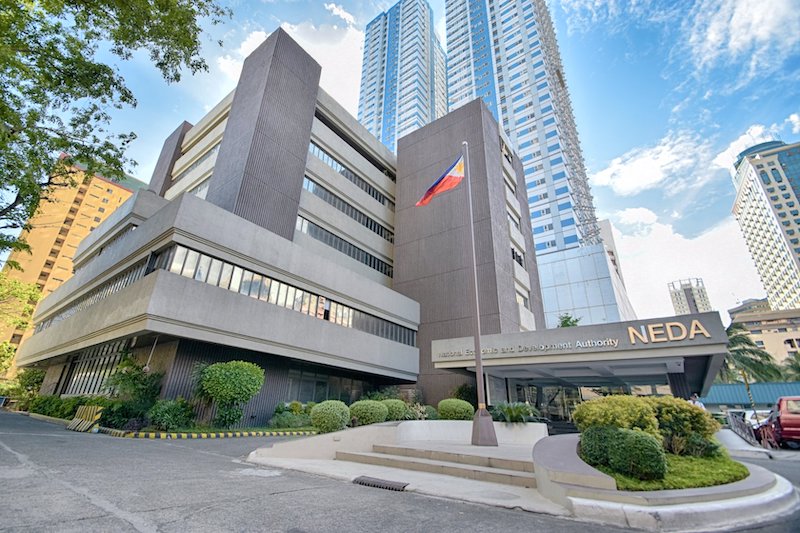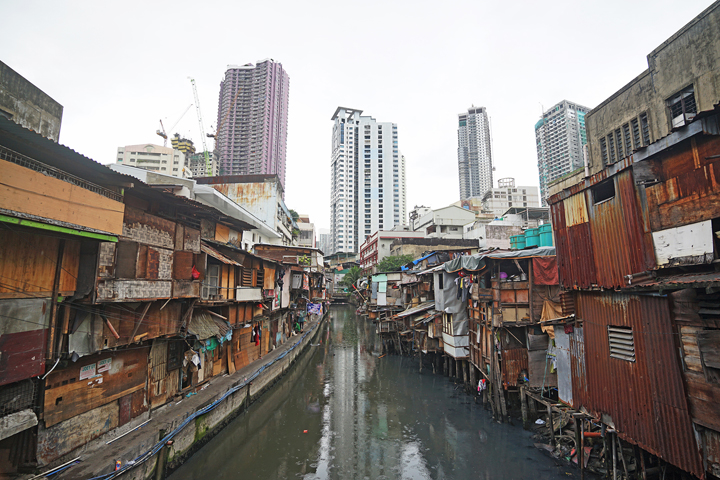THE country’s manufacturing sector slowed down in July amid challenging demand conditions, S&P Global reported on Monday.
The country’s Purchasing Managers’ Index (PMI) hit 50.8 in July, down from the 53.8 in the previous month. This is the slowest PMI of the country in six months. It is also the third lowest PMI in the South East Asian region, beating only Myanmar’s 46.5 and Malaysia’s 50.6.
A country’s PMI is aimed to gauge the health of its manufacturing sector. It is calculated as a weighted average of five individual subcomponents. Readings above 50 show growth in the industry while readings below the 50 threshold signal a contraction in the manufacturing sector. A reading of 50, meanwhile, showed no change to the sector.
Maryam Baluch, Economist at S&P Global Market Intelligence, said the muted growth across the Filipino manufacturing sector adds “caution to the air” as inflationary pressures continue to heat up.
“Data from the latest PMI survey indicated a loss in growth momentum at goods producers in the Philippines.
Renewed contractions in output and new orders, albeit only mild, were recorded in July. The headline figure slipped to 50.8 in July to signal the slowest expansion since January,” Baluch said.
The report also said while the country’s PMI is still in the growth territory, the decline signified a visible change from the strong expansions seen in June, amid challenging demand conditions.
Additionally, S&P Global also said client demand from foreign markets weakened further
during July.
“While the pace of decrease was the softest in the current five-month sequence of contraction, global uncertainties and the ongoing impact of the pandemic continued to weigh on export demand,” the report said.
“Moreover, with business requirements receding and prices rising, firms were unenthusiastic to make purchases. Buying activity was muted throughout July, with the rate of increase only fractional overall,” it added.
July data also highlighted a further deterioration in vendor performance, as firms noted that lead times lengthened to the greatest extent in four months.
“Despite only a marginal rise in input buying and demand for materials, average lead times lengthened to a greater extent as firms noted port congestion, shipment delays and logical challenges,” Baluch said.
The report also noted that near-record rates of inflation added a further strain on the sector.
“Average cost burdens rose sharply during July, as the pace of increase quickened to a three-month high that was only slightly slower than the peaks seen in March and April. Similar was the case for the charges levied by firms in response to the rising input prices, as output prices rose at the third-sharpest rate on record,” the report said.
Image credits: Nonie Reyes



































